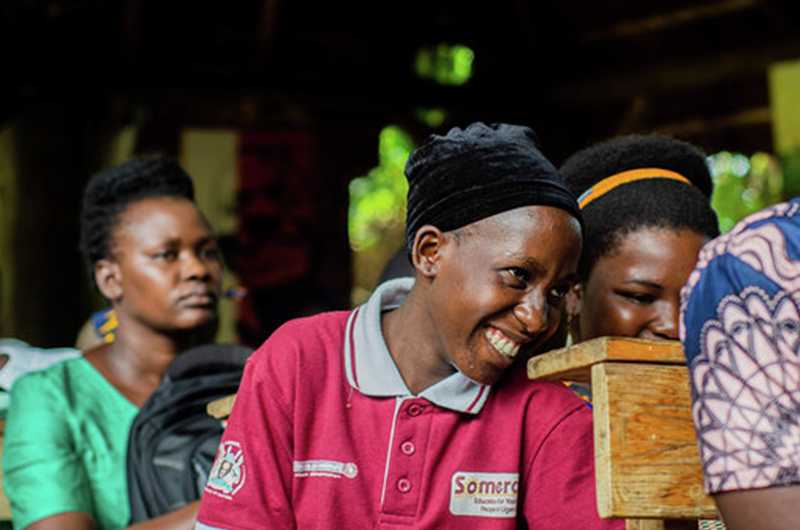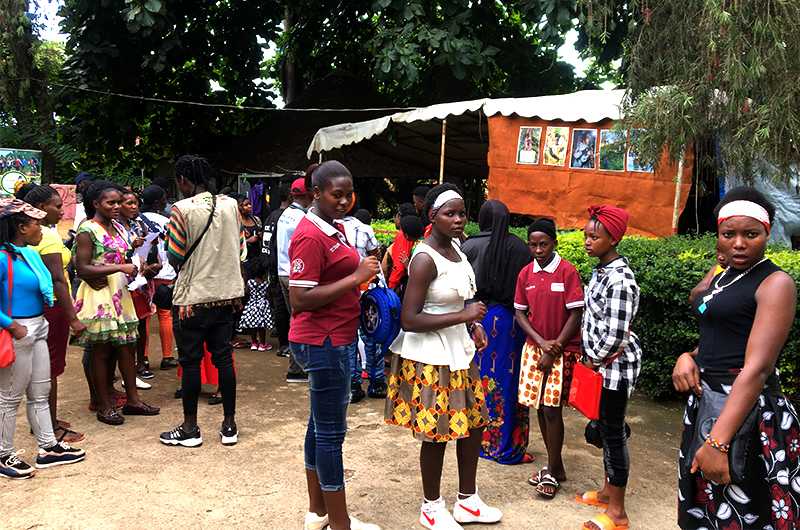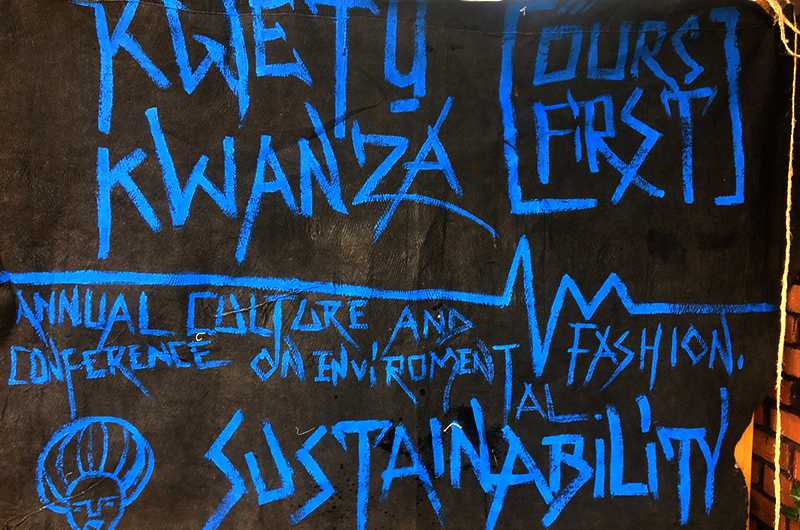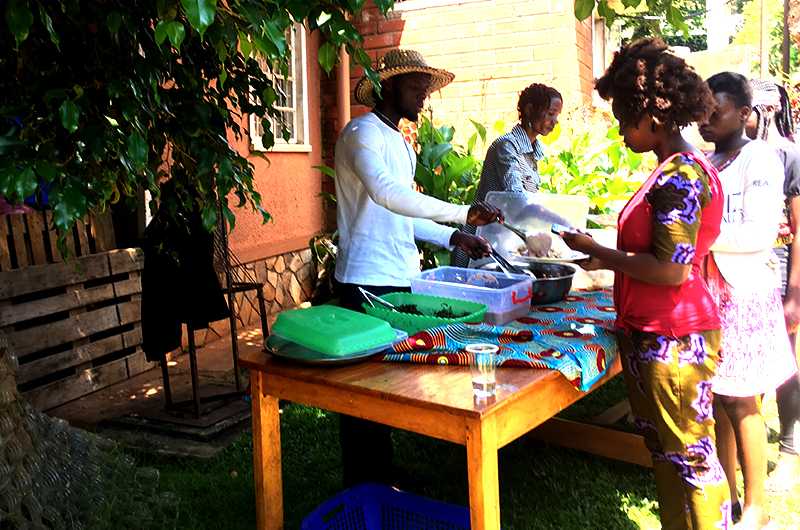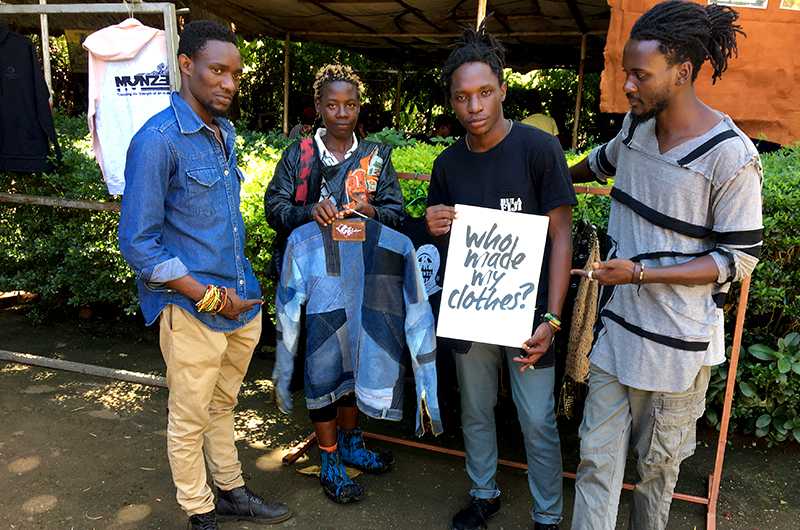KWETU
KWANZA
HOW WE CAN BUILD A MORE SUSTAINABLE FASHION AND CREATIVE INDUSTRY USING COLLABORATIVE LEARNING WORKSHOPS AND INSPIRATIONAL TALKS
MISSION
This workshop focuses on making sustainable fashion knowledge and practices known by creatives to foster change and introduce a more thought through approach to garment production and consumption. This is needed knowledge that will help preserve limited resources, help reduce or better eradicate the negative social and environmental effects of the current textile and fashion industry. Why this workshop is important: Sustainable consumption and production are important elements in preserving limited natural resources and avoiding climate change. In the textile sector, the increased consumption is mainly due to fast-changing, affordable fashion that results in an increasing amount of textile waste. The environmental impacts of textile production include energy consumption, water use, chemicals, dyes and finishes and greenhouse gas emissions. Textile production is one of the most polluting industries in the world. Due to the by- products of fast fashion, the local industry has suffered greatly as second hand clothes continue to pour into the country
Engaging designers and creatives in sustainable fashion workshops can motivate people to act in ways that protect and sustain the services they care about and help forge a course of action as our local fashion and creative industry are growing. Decision-making requires engaging people with diverse and conflicting perspectives in dialogues about what is at stake, who benefits and who stands to lose. This workshop provides participants with practical, ethical and effective techniques immediately applicable in a variety of contexts to improve the way clothes are made and consumed. Collaborative Learning is a powerful engagement process that can move groups forward in spite of conflicts, uncertainty and complexity, collaborative learning can reduce conflict, contribute to development of shared meaning among the group and facilitate actions that sustain creative thinking recognized as important. Inspirational talks give stimuli to the audience to make changes and therefore improve the value of their lives. They not only motivate people but also give essential education and teach the ways to achieve that change, they provide a proven system and successful examples.
Strategy
Who should attend this workshop? Fashion Design professionals, design students, textile companies, tailors, retailers, artisans and artists working in the creative and fashion industry who would like to learn about environmental and social sustainability, collaborative partnerships and ongoing adaptive sustainable approaches to value, manage and sustain the planet and creative industry. As well as attending the workshop, participants will meet and engage with our other partners including Kampala Fashion Week (KFW), Paper Fig Foundation (PFF) and Seed Project Uganda. Following the training they can be automatically entered into the first round of the Seed Project Uganda, a competition for young Ugandan designers which finishes in a showcase at KFW and a years mentorship from both local and international industry professionals. They will also have the opportunity to volunteer at KFW, working under International design professionals. Following on from this one-day workshop, we will be hosting an open studio ‘Sustainable Fashion Week’ whereby participants can sign up to take part in a hands-on making session each day focussing on sustainable design strategies e.g.recycling, zero-waste cutting, natural dying, using local fabrics.
Purpose
What participants will learn during the workshop? Participants will begin with
an introduction
to Sustainable fashion and why a Fashion revolution is needed. Then, using the
collected data
hand outs, videos/screening (The True Cost documentary, 2015), and research,
participants will
learn about the current situation of the fashion industry and its social and
environmental
impact, plus the current situation of second hand clothes and its effects on the
local apparel
industry. They will also learn about the value of our local raw, organic
materials and how to
incorporate them into the Fashion Industry. Quizzes will follow for evaluation.
,Inspirational speeches from both local and international sustainable fashion
designers and
industry experts will be sharing professional experiences and how they are
changing the face of
fashion, questions and answer sessions will follow.
Participants will learn about inclusive fashion and the role of the community in
the fashion value
chain. A Collaborative Learning approach will help participants to experiment
and understand
sustainable design strategies, what they are and how they can be integrated
within the system
of designing and making fashion products. For instance, design for disassembly
for easier product
recycling, durability in design, up cycling and a zero-waste approach to
material use in
production.
Participants will learn to work outside there comfort zones and collaborate with
other creatives
that are not in their same field to finish design tasks, this will also help to
foster future
collaborations even after the workshops.
At the end of the workshop, participants should be able to:
• Identify the social and environmental impacts of fashion
• Define Sustainable fashion and describe how it can be adapted to their work in
the
creative sector
• Describe Sustainable strategies and the role these strategies play in
promoting
sustainable fashion
• Be able to use at least one of the sustainable design strategies in their
work
• Describe ways to apply Collaborative Learning to improve communication about
sustainability
• Describe sustainable materials and fabrics and the effect other materials have
on the
environment and the people.
• Design a sustainable garment
